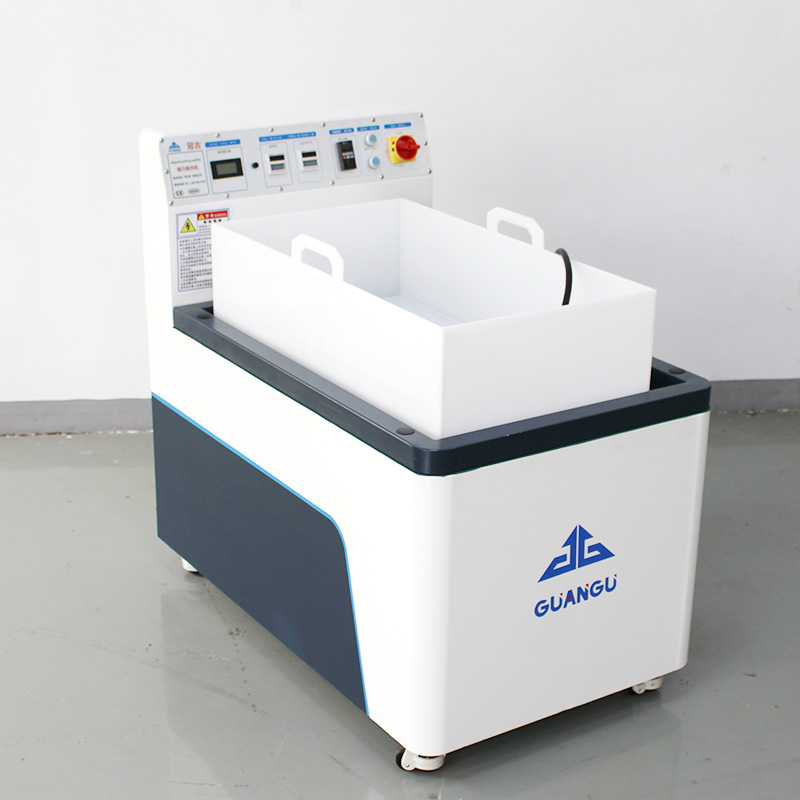Assam-As an important structural material, 2024 aluminum alloy has a wide range of applications in aerospace, automotive, electronics and other fields. Its excellent performance and appearance quality make it stand out in many fields. And polishing, as a key process to improve the surface quality of aluminum alloy workpiece, is of great significance to enhance the added value of products and market competitiveness. This paper will discuss the polishing process of 2024 aluminum alloy workpiece.

I. Overview of 2024 aluminum alloy
2024 aluminum alloy belongs to Al-Cu-Mg system alloy, with good formability, weldability and corrosion resistance. The alloy has a wide range of applications in China’s aerospace field, mainly used in the manufacture of aircraft skins, spacer frames, beams and other structural components. In addition, 2024 aluminum alloy is also widely used in automotive, electronics, construction and other industries.
Second, the principle of polishing process
Polishing is a kind of processing method to remove surface roughness and improve surface gloss by grinding, friction and corrosion on the surface of workpiece through abrasive and polishing liquid. In the polishing process, the abrasive, polishing liquid, workpiece, polishing head and other elements interact with each other to realize the improvement of surface quality.
Third, 2024 aluminum alloy workpiece polishing process points
- Pre-treatment: Before polishing, the workpiece should first be cleaned, de-oiled, de-oxidized and other pre-treatment. This helps to improve polishing efficiency and surface quality.
- Selection of suitable abrasives: according to the roughness of the workpiece and the required gloss, select the appropriate abrasives. Commonly used abrasives are aluminum oxide, silicon carbide, garnet and so on.
- Select the appropriate polishing solution: the choice of polishing solution should take into account the type of abrasive, workpiece material and surface requirements. General use of moderate concentration, less corrosive polishing fluid.
- Polishing pressure and speed: the choice of polishing pressure and speed has an important impact on the polishing effect. Pressure is too small, the grinding effect is not enough; pressure is too large, it is easy to lead to workpiece deformation and scratches. Speed is too low, the grinding effect is weakened; speed is too high, it may lead to the temperature of the polishing liquid rises, affecting the polishing effect.
- Polishing path and number of times: reasonable design of polishing path, to avoid cross and repeat. The number of polishing according to the surface roughness of the workpiece and the required gloss to determine.
- Post-polishing treatment: After polishing is completed, the workpiece should be cleaned, dried and followed up to remove residual polishing liquid and abrasive to improve surface quality.
IV. Summarize
2024 aluminum alloy workpiece polishing process is a comprehensive technology, involving pretreatment, abrasive selection, polishing solution selection, polishing parameter settings and other aspects. Only by reasonably controlling each link can we realize efficient and high-quality polishing effect. Through the continuous optimization and exploration of the polishing process, it helps to improve the surface treatment technology level of China’s aluminum alloy workpiece and further enhance the added value of products and market competitiveness.


 Wechat
Wechat
